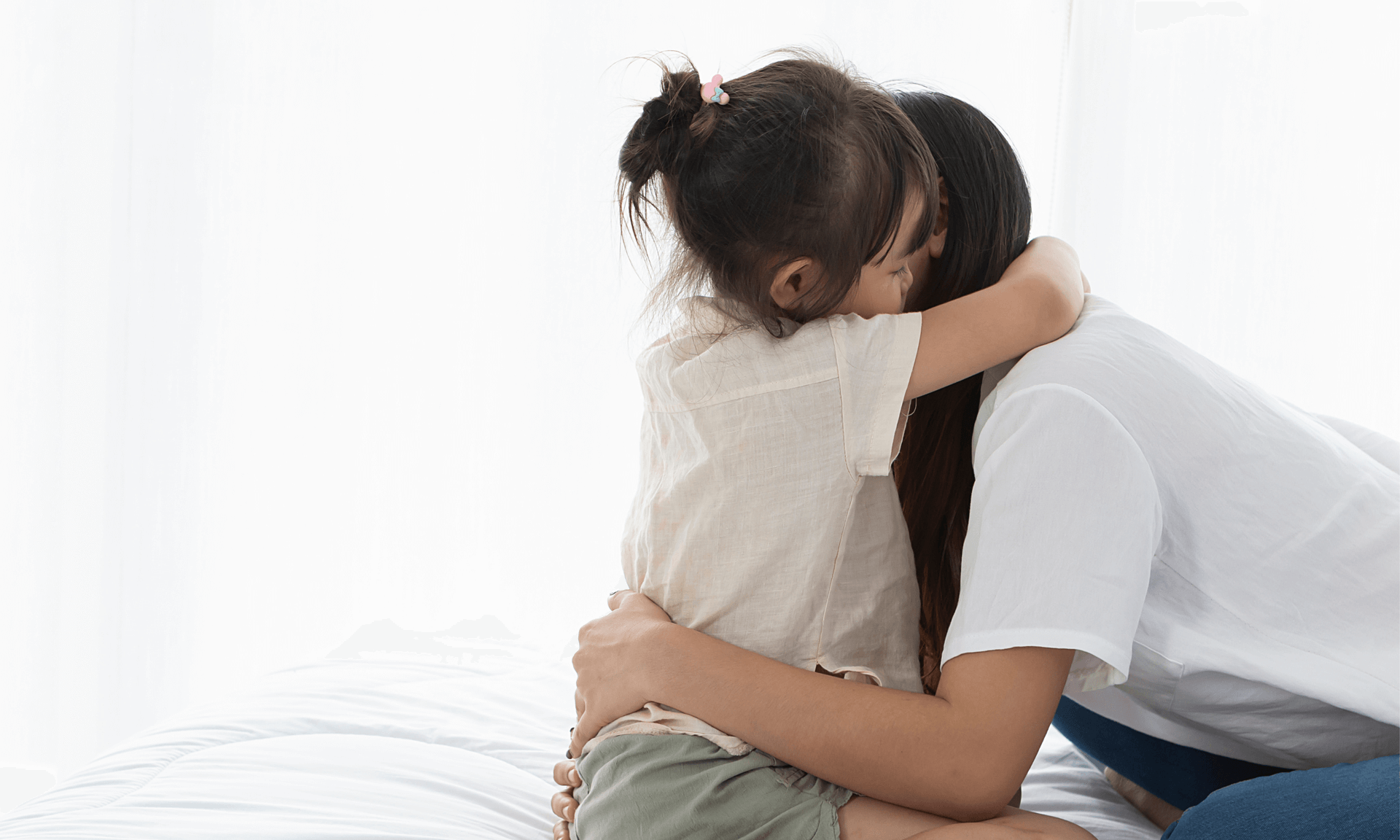All posts
When your child favours one parent over the other after divorce
Separation and divorce can be challenging and confusing for children. This dramatic change to the family dynamic and routine can bring a lost sense of safety and stability. It can take time to adjust to moving back and forth between their parents, and it’s normal for a child to miss one parent while they’re with […]


Separation and divorce can be challenging and confusing for children.
This dramatic change to the family dynamic and routine can bring a lost sense of safety and stability.
It can take time to adjust to moving back and forth between their parents, and it’s normal for a child to miss one parent while they’re with the other.
They may even seemingly favour one parent following a separation. Perhaps they feel more comfortable with mum, or maybe they have more fun with dad. This favouritism is often temporary, and they may even switch between which parent they prefer from week to week.
While it can be hurtful to feel like your child favours the other parent, it’s important to manage your feelings and prioritise your child’s needs every step of the way.
We offer advice to navigate this situation while keeping your child’s best interests at heart.
Don’t guilt your child
Children should be encouraged to maintain a healthy relationship with both parents following a separation.
Don’t make them feel guilty for wanting to spend time with the other parent, and don’t pressure them to choose a side. It’s normal to feel hurt if they seem to prefer the other parent, but it’s not OK to guilt your child for it.
Saying things like “That hurts mummy’s feelings” or “Don’t you love your daddy anymore?” can make them feel like they’ve done something wrong and exacerbate negative feelings.
Remember that your child is dealing with their own big emotions right now, and your emotions are your own responsibility. It’s not your child’s job to make you feel better – it’s your job to support them emotionally.
If you’re struggling, find healthier ways to cope such as talking to a trusted friend or professional counsellor.
Look for the message
It’s important to remember that it’s normal for children to go through phases of favouring one parent over the other throughout their lives – especially during the younger years.
They might request a specific parent to read their bedtime story, or bond more with a parent that shares their interest in a sport or hobby. It isn’t necessarily a reflection on you or an indication that you need to change.
But in some cases, it can be an opportunity for reflection. Ask yourself what this might mean about your own relationship and how you can improve as a parent. Do you talk and play with them without distractions? Do you listen with patience and understanding? Do you say “I love you” often?
Play to your strengths, stay positive, and focus your energy on nurturing your own relationship with your child and supporting them through these scary changes.
Don’t take it out on your ex
Your relationship with your child is your responsibility and should be your main focus as you create new routines.
Getting upset with your ex or turning it into a competition to be the ‘favourite’ isn’t helpful or healthy for anyone. The same goes for badmouthing them around your child.
Even if you have some negative feelings toward your ex, it’s important to remain respectful when your child is around.
Seek professional support
Talking to a counsellor in a non-judgemental environment can help you explore your feelings and concerns and find healthy coping strategies.
You can learn more about our counselling service here, or call 1300 364 277 to book an appointment in person, over the phone, or via Zoom video call.
We offer more advice for parents here: Tips for Separating with Kids.
Back to all posts